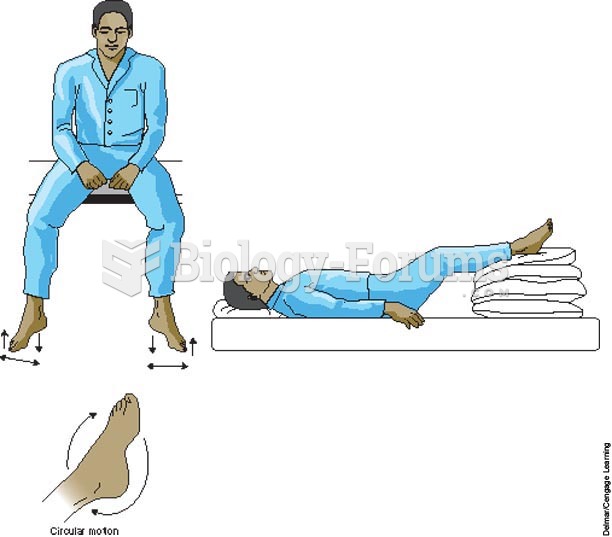Answer to Question 1
Poverty is global, as every society has members who are poor. In some societies, as many as 95 of the population lives in poverty. Social workers are committed to alleviating poverty not only in the United States but also worldwide. Alleviating poverty is obviously complex and difficult. Social work professionals work with a variety of systems to make progress in alleviating poverty, including educational systems, health-care systems, political systems business and employment systems, religious systems, and human services systems. Oppression is the unjust or cruel exercise of authority or power. In the United States, numerous groups have been oppressed-including African Americans, Latinos, Chinese Americans, Native Americans, women, persons with disabilities, gays and lesbians, transgenders, various religious groups, and people living in poverty. Social injustice occurs when some members of a society have less protection, fewer basic rights and opportunities, or fewer social benefits than other members of that society. Social work is a profession that is committed not only to alleviating poverty but also to combating oppression and other forms of social injustice. Social workers have an obligation to help groups at risk increase their personal, interpersonal, socioeconomic, and political strength and influence through improving their circumstances. Empowerment focused social workers seek a more equitable distribution of resources and power among the various groups in society. Diverse groups that may be at risk include those distinguished by age, class, color, culture, disability and ability, ethnicity, gender, gender identity and expression, immigration status, marital status, political ideology, race, religion/spirituality, sex, sexual orientation, and tribal sovereign status. Human rights are commonly understood as inalienable fundamental rights to which a person is inherently entitled simply because he or she is a human being. Human rights are universal (applicable everywhere) and egalitarian (the same for everyone).
Answer to Question 2
The National Association of Social Workers (NASW) has conceptualized social work practice as having four major goals. These goals include the following:
1 ) Goal 1: Enhance the problem-solving, coping, and developmental capacities of people. Using the person-in environment concept, the focus of social work practice at this level is on the person. With this focus, a social worker serves primarily as a facilitator. In this role, the worker may take on activities of a counselor, teacher, caregiver (that is, providing supportive services to those who cannot fully solve their problems and meet their own needs), and changer of specific behavior.
2 ) Goal 2: Link people with systems that provide them with resources, services, and opportunities. Using the person-in-environment concept, the focus of social work practice at this level is on the relationships between people and the systems they interact with. With this focus, a social worker serves primarily as a broker.
3 ) Goal 3: Promote the effectiveness and humane operation of systems that provide people with resources and services. Using the person-in-environment concept, the focus of social work practice at this level is on the systems people interact with. One role a worker may fill at this level is that of an advocate. Additional roles at this level include the following: program developer, supervisor, coordinator, and consultant.
4 ) Goal 4: Develop and improve social policy. The focus of social work practice at this level is on the systems people interact with. The distinction between goal 3 and goal 4 is that goal 3 focuses on the available resources for serving people, whereas goal 4 focuses on the statutes and broader social policies that underlie such resources. Social workers at this level are planners and policy developers. In these roles, workers develop and seek adoption of new statutes or policies and propose elimination of those that are ineffective or inappropriate.
The Council on Social Work Education (CSWE) defined the purpose of social work as follows: The purpose of the social work profession is to promote human and community well-being. Guided by a person-in-environment framework, a global perspective, respect for human diversity, and knowledge based on scientific inquiry, the purpose of social work is actualized through its quest for social and economic justice, the prevention of conditions that limit human rights, the elimination of poverty, and the enhancement of the quality of life for all persons, locally and globally. This definition of the purpose of social work is consistent with the four goals of social work just mentioned. However, it adds one additional goal of social work, as follows:
5 ) Goal 5: Promote human and community well-being. The social work profession is committed to enhancing the well-being of all human beings and to promoting community well-being. It is particularly committed to alleviating poverty, oppression, and other forms of social injustice.







